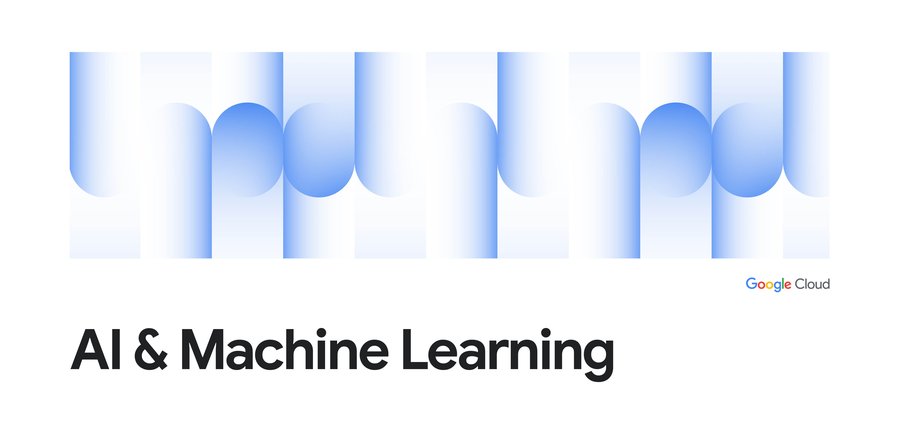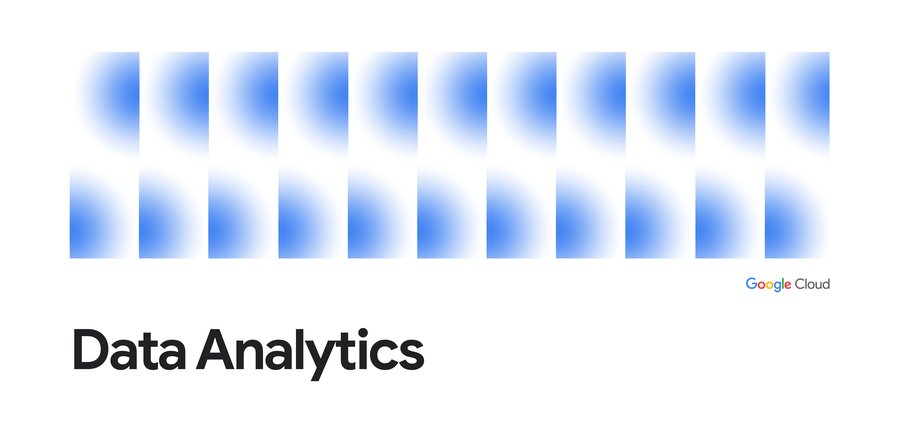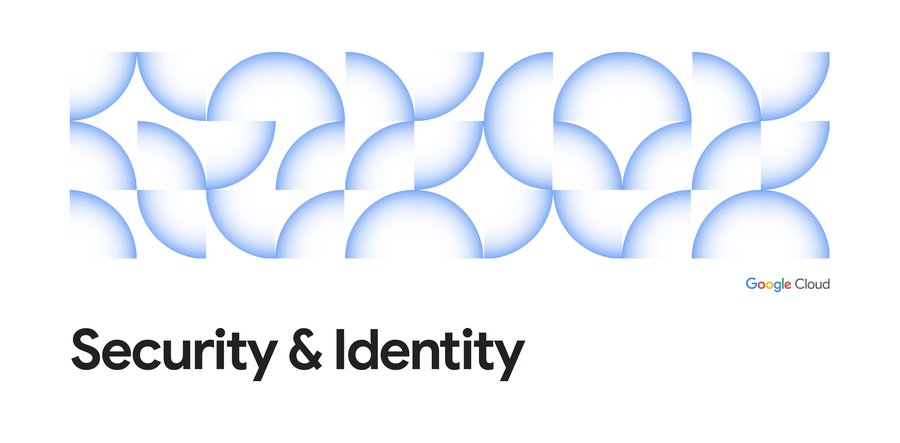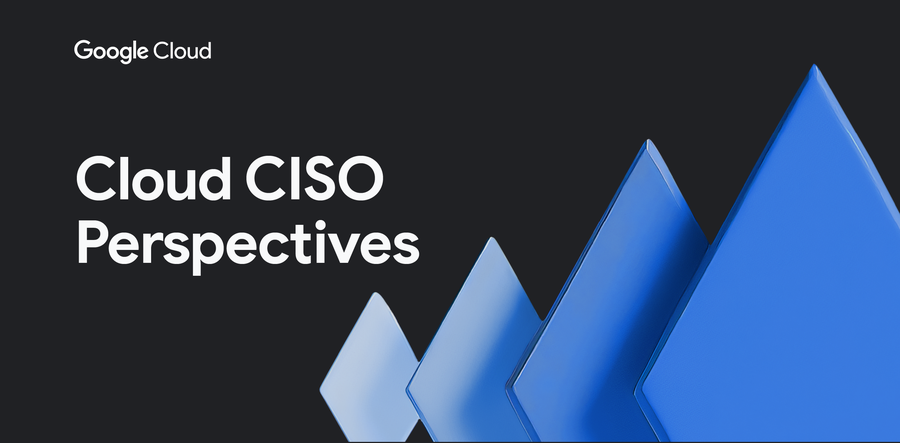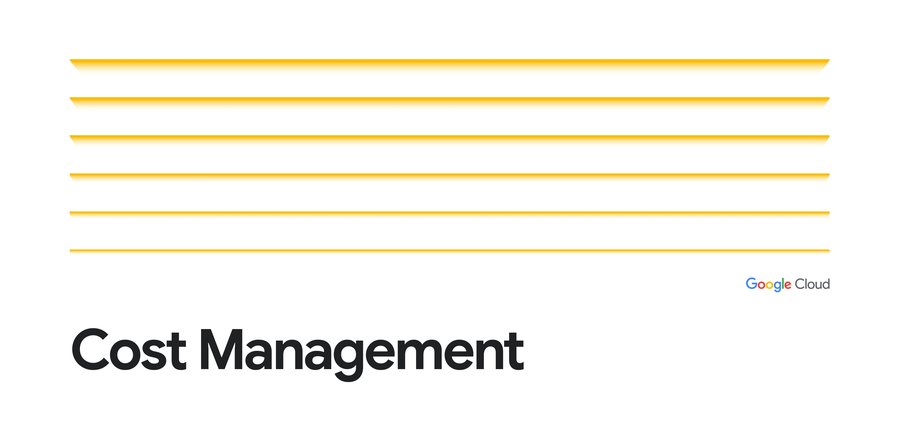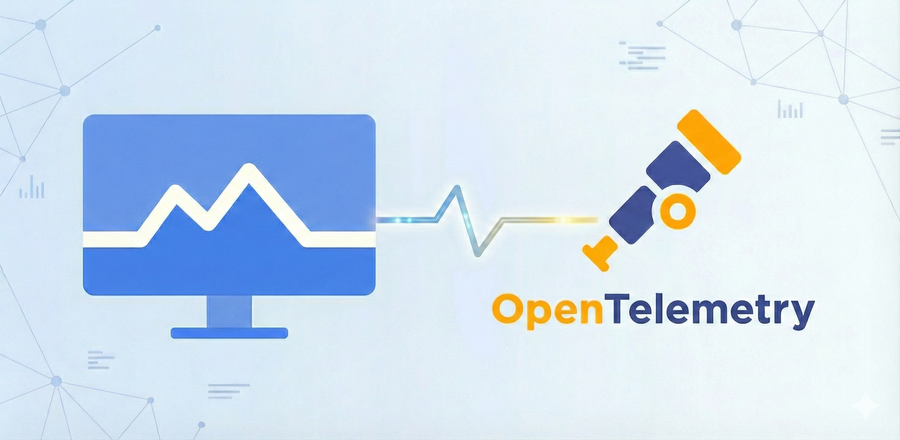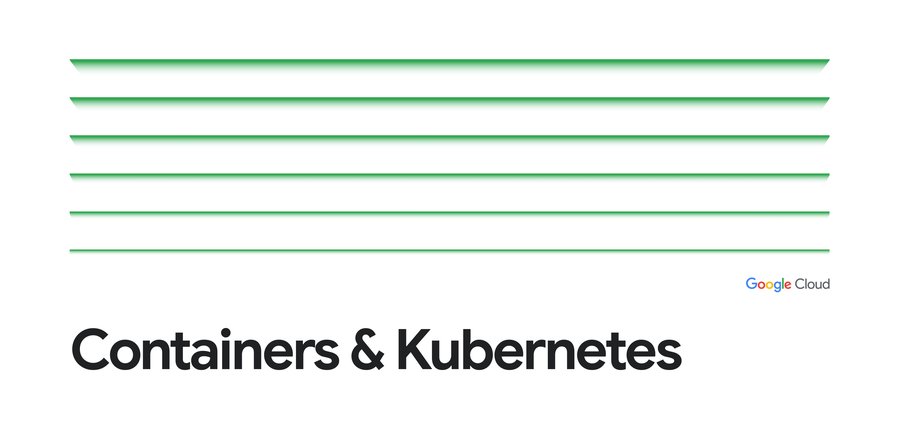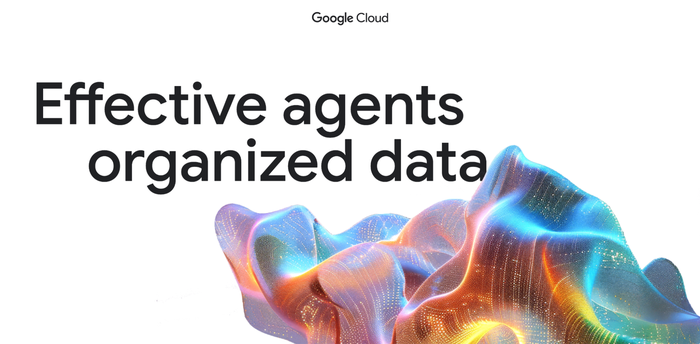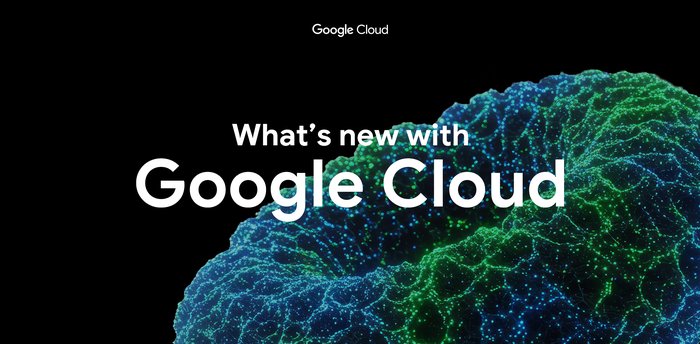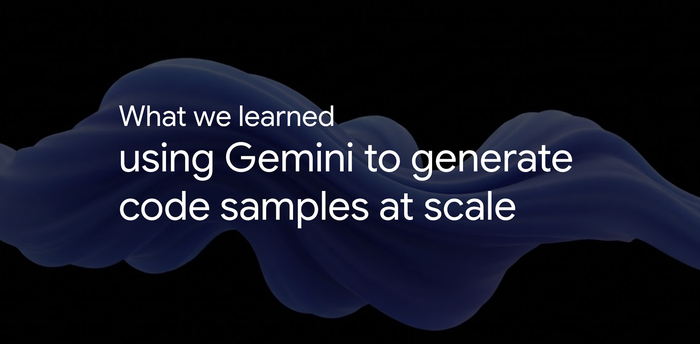News, tips, and inspiration to accelerate your digital transformation
AI & Machine Learning
A developer's guide to production-ready AI agents
Our set of five guides offer practical frameworks and code samples anyone can adapt to their own projects to put agents into action now.
By Kanchana Patlolla • 2-minute read
Infrastructure
AI & ML
Data Cloud
Security
Application Modernization
Developers & Operators
News in short
A quick take on updates, announcements, resources, events, and learning opportunities from Google Cloud in one handy location. Updated weekly.
Click here




